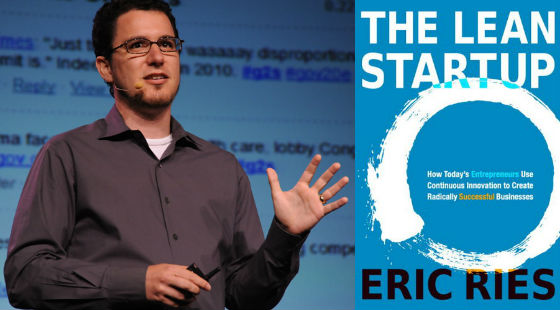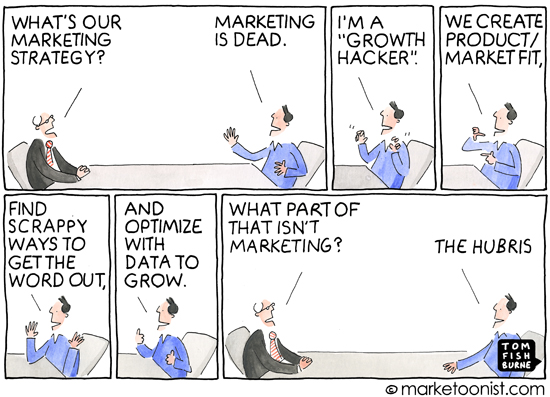Eric Ries talks are great and his book is a must. It’s easy to read, practical with lot’s of real life examples and situations. If you have a specific idea or project in mind, this book will be a great resource, and help you avoid mistakes that someone else already did.
Get it here: The Lean Startup – How today’s entrepreneurs use continuous innovation to create radically successful businesses
The key ideas of the book (or movement now) are well summarised here on the anwser from William Pietri to this question:
Does the “lean startup” philosophy lead to more successful startups?
William Pietri writes the key ideas as:
- capital efficiency – This is really an outcome of Lean’s focus on waste reduction. For example, recall WebVan. Their investors paid something like $1bn to find out that the US wasn’t ready for online grocery shopping. Could they have learned that for less money by, say, testing their core hypotheses on a smaller scale? Absolutely, and that’s the Lean Startup’s goal: testing assumptions as quickly and cheaply as possible.
- pull, don’t push – Lean Manufacturing aims to start building something only when it is ordered. Similarly, the Lean Startup approach seeks to start with proven customer needs and use that to pull solutions from the team. The difference is subtle in explanation, but profound in experience, and I think you get much better products, and at lower cost.
- continuous improvement – Western business culture tends to focus on maximizing results, while Lean practitioners focus on improving the system that gets the results. (E.g., if your goal is to improve sales, a results-focused answer is the quarterly sales goal, but that can lead to problems like channel-stuffing.) This is especially helpful in startups: a company already in the habit of improving things is more likely to scale sustainably.
- customer-centered definition of value – Like many Lean ideas, this sounds obvious; the difference is mainly in how seriously it’s pursued. For example, suppose somebody buys your product but never uses it. Some would focus on the sale and call it a win. But in the Lean analysis, it’s a loss: resources were expended but no value was delivered. This focus helps startups build a satisfied customer base and discover the big steps forward in value creation needed to take a big chunk of a market.



